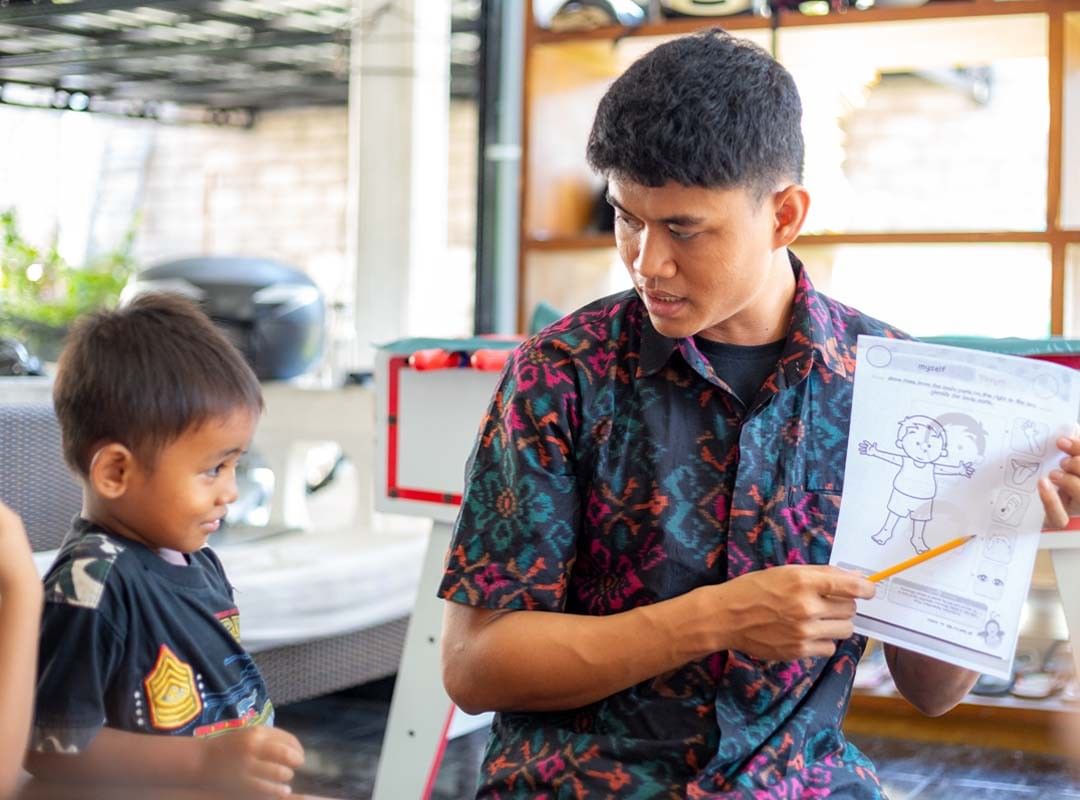Setting up a good governance structure for an NGO in Bali, Indonesia, is essential to ensure its long-term sustainability and success in achieving its mission. The following are some key steps that an NGO can take to establish a robust governance framework:
- Develop a Board of Directors:
The Board of Directors is responsible for governing and overseeing the operations of the NGO. The board should be composed of individuals with diverse backgrounds and expertise who can bring a broad range of perspectives to the organization. The board should be responsible for setting the NGO’s strategic direction and ensuring that its operations align with its mission.
- Develop Clear Policies and Procedures:
Developing clear policies and procedures is essential to ensure that the NGO operates in a transparent and accountable manner. Policies and procedures should cover areas such as financial management, human resources, and program management. These policies should be communicated to all stakeholders, including staff, volunteers, and beneficiaries.
- Develop a Code of Ethics:
A code of ethics outlines the principles and values that guide the NGO’s operations. The code should address issues such as conflicts of interest, ethical conduct, and the organization’s commitment to transparency and accountability.
- Ensure Compliance with Legal and Regulatory Requirements:
The NGO should comply with all legal and regulatory requirements in Bali and Indonesia. This includes registering with the appropriate government authorities, obtaining any necessary permits, and complying with tax regulations.
- Develop a Strategic Plan:
A strategic plan outlines the NGO’s goals and objectives and how it intends to achieve them. The plan should include a clear vision, mission, and goals, as well as a roadmap for achieving those goals. The strategic plan should be regularly reviewed and updated to ensure that the NGO is on track to achieve its objectives.
- Ensure Financial Sustainability:
Financial sustainability is crucial to the long-term success of an NGO. The organization should develop a sustainable funding strategy that includes diversified sources of funding, such as grants, donations, and earned income. The NGO should also develop a budget and financial management policies that ensure that it operates within its means and is accountable for its financial management.
- Monitor and Evaluate Performance:
Monitoring and evaluating the NGO’s performance is essential to ensure that it is achieving its objectives and operating efficiently. The organization should establish performance indicators, develop monitoring and evaluation frameworks, and conduct regular evaluations to assess its performance and identify areas for improvement.
In summary, setting up a good governance structure for an NGO in Bali, Indonesia, requires developing a board of directors, clear policies and procedures, a code of ethics, compliance with legal and regulatory requirements, a strategic plan, financial sustainability, and monitoring and evaluating performance. By following these steps, the NGO can ensure that it operates in a transparent, accountable, and sustainable manner, and achieves its mission.




